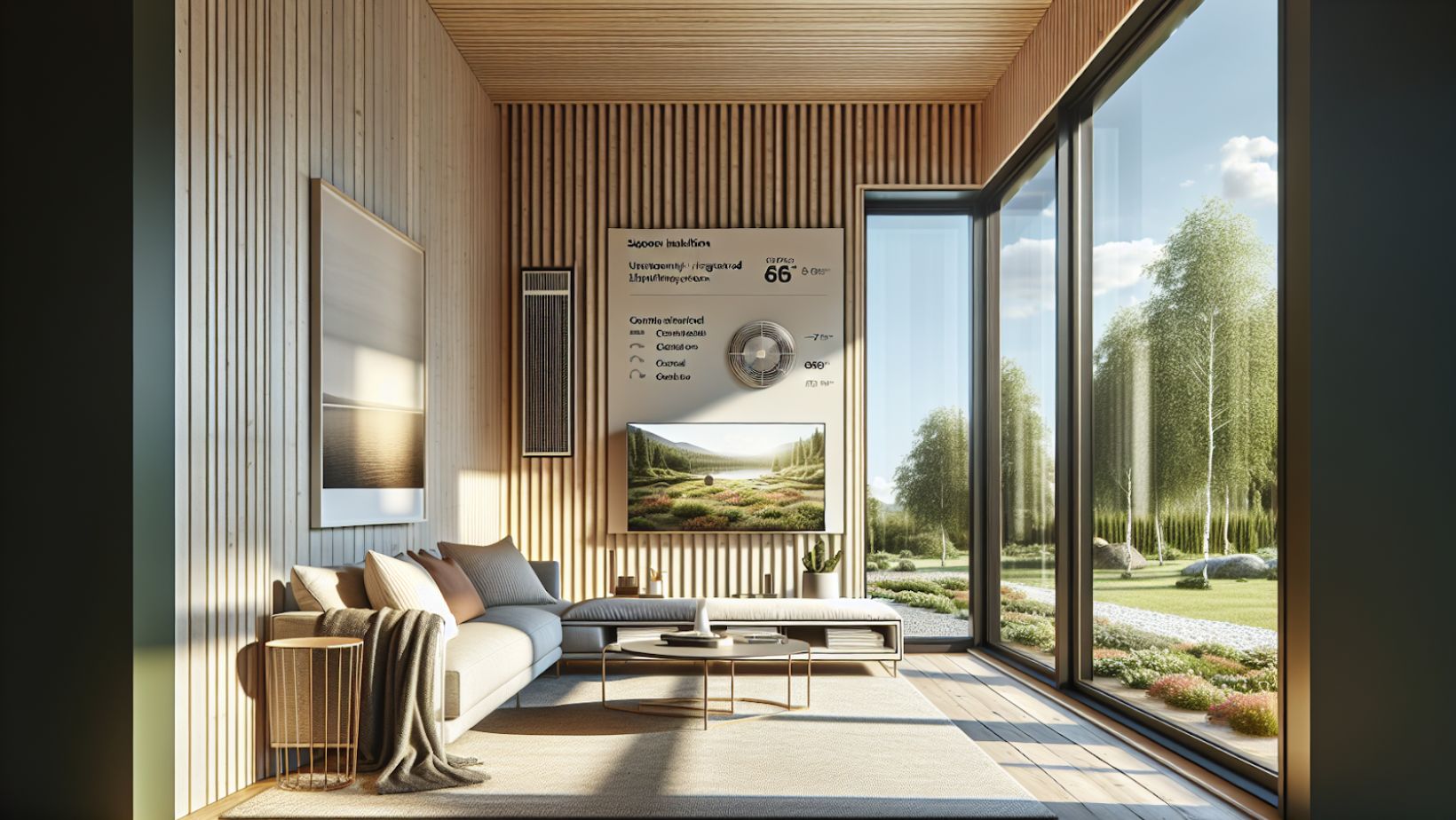
Making your home comfortable starts with having a good HVAC system. Whether upgrading or installing a new system, knowing how to size a mini split system can improve your home’s comfort. This article aims to explore some tips to help you choose the best HVAC system for your living space.
Understanding Your Heating and Cooling Needs
The first step is to understand your specific needs. Are you heating a small room or cooling a large area? The size of your space is crucial. Larger rooms require more powerful systems, while smaller spaces need less. Before going any further, you may want to ask yourself, “What size mini split do I need?” A helpful tool for this is a mini split size calculator, which helps you figure out what size mini split you need based on room size and insulation.
In addition to room size, consider factors like insulation, window placement and climate. Well-insulated homes retain temperature better, requiring less powerful systems. Large windows let in more heat, increasing cooling needs. In regions with extreme temperatures, you may need a more robust system. Assessing these elements helps determine your space’s optimal system size and type.
It’s also essential to consider the number of people in your household and their comfort preferences. A family of four may have different temperature needs than a single occupant. If some family members prefer cooler temperatures while others prefer warmer ones, a zoned HVAC system can provide customized comfort for different home areas. This allows everyone to enjoy their preferred temperature without overworking the system or compromising on comfort.
Choosing Between Different Types of HVAC Systems
Various HVAC systems exist, each with its own pros and cons. Central air systems distribute air evenly but can be expensive to install. Ductless mini splits are perfect for individual rooms and need less invasive installation. When deciding between gas, electric, or oil systems, consider factors like cost, energy efficiency and maintenance needs.

Hybrid systems, which combine electric and gas power, offer flexibility and efficiency. They use electric power during milder weather and switch to gas for more extreme temperatures. This adaptability can lead to significant energy savings. Geothermal systems, while expensive to install, use the earth’s stable temperature to heat and cool, making them incredibly efficient in the long run.
Energy Efficiency and Environmental Impact
Energy efficiency is crucial when choosing an HVAC system. An efficient system saves money on bills and reduces environmental impact. Look for high SEER (Seasonal Energy Efficiency Ratio) ratings. Using tools like a mini split size calculator can help you identify the appropriate size, ensuring efficiency without overburdening the system.
Energy Star-certified systems meet strict efficiency guidelines set by the U.S. Environmental Protection Agency. These systems can significantly reduce your carbon footprint and utility bills. Some states and local utilities even offer rebates or incentives for installing energy-efficient HVAC systems. Researching these programs can help offset initial costs while ensuring long-term savings.
Installation and Maintenance Tips
Proper installation is key to ensuring your HVAC system’s longevity and performance. While some opt for DIY installation, hiring a professional can save time and avoid problems. After installation, regular maintenance is important. Changing filters every few months and checking ducts for leaks can improve efficiency and lifespan.

When hiring a professional for installation, look for licensed and insured contractors with good feedbacks. Get multiple quotes and ask about warranties and service plans. For DIY enthusiasts, carefully follow instructions and prioritize safety. Annual professional maintenance, including cleaning coils and checking refrigerant levels, can prevent breakdowns and extend your system’s life.
Maintaining Indoor Air Quality
Indoor air quality affects your comfort. Pollutants like dust, pollen and pet dander can worsen allergies and respiratory issues. To combat this, consider air purifiers or upgrading your HVAC filters. Regularly cleaning vents and ducts also helps maintain good air quality.
In summary, choosing the right HVAC system involves understanding your needs, picking the right type of system, focusing on energy efficiency, and committing to regular maintenance. Using tools like a mini split size calculator can help determine the right size, ensuring comfort and efficiency in your home.





